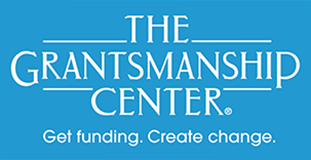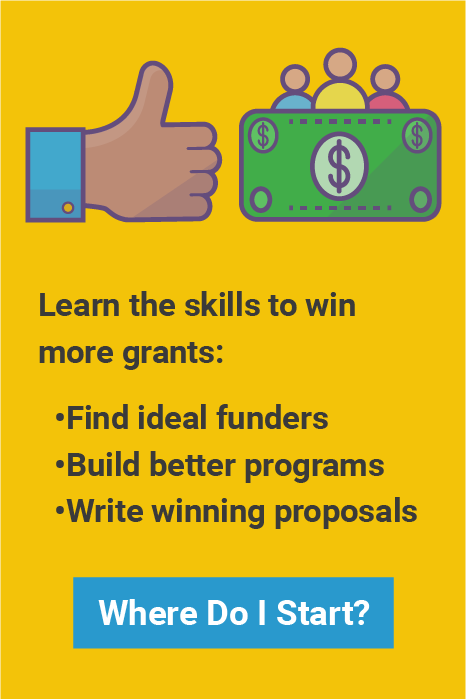
Much has been said about a shift in how we describe the communities we serve. Instead of writing a classic “problem statement” detailing what is wrong, or missing, we’re urged to write instead about what’s right--what strengths a community already has that it can build on. This “asset-based” approach doesn’t deny that work needs to be done, it simply affirms the resources and resilience that already exist.
But this “simple” affirmation isn’t easy to do. This kind of proposal language requires new thinking and a new focus on the positives. It’s also a challenge to the outmoded notion of grants as “just another kind of charity” targeting the needy. Grants aren’t alms for the poor they are investments in shared initiatives and aspirations.
To write this way, consider asking these questions about the community you want to reach with your program and reflect the answers in your proposal.
What does the community itself say about what comes next? Try to avoid knowing what’s best for your constituents and instead ask for input from residents, small businesses, service workers, women and men “on the street.” Lived experience brings its own insights and suggestions for change and growth.
What other organizations have worked on this issue already? It’s very likely that your nonprofit is not the first to identify an opportunity to move forward on a community agenda. What’s been done? What contributions and outcomes from programs in the neighborhood?
What’s already in place to give your program rich soil for growth? Consider hyperlocal leadership; block associations; cultural traditions; volunteerism; activism; charitable giving (the poorest 20 percent of households give at a rate that is double the rate of the richest 20 percent).
What’s happening now in the community to set the stage for growth? People and their neighborhoods are where society exercises, tears a little muscle and grows it back stronger. As you prepare to deliver a program to a community, learn about changes in patterns of spending, saving, birthrates; new ways of getting and sharing information; arrivals and departures; what’s being torn down and what’s being built to replace it.
Our mindset is what matters. We want funding to carry out programs that help communities because we see the “need.” But in that seeing, we overlook Nelson Mandela’s advice: “do not judge me by my success, judge me by how many times I fell down and got back up again.” Look closer at how your constituents rise.
Thomas Boyd is Chief Editorial Consultant for The Grantsmanship Center
and an independent consultant to nonprofit organizations.
_______________________________________
We welcome you to link to these pages and to direct people to this information on our site.
If you'd like to use this copyrighted material in some other way, please contact us for permission: info@tgci.com.
We love to hear from you!



